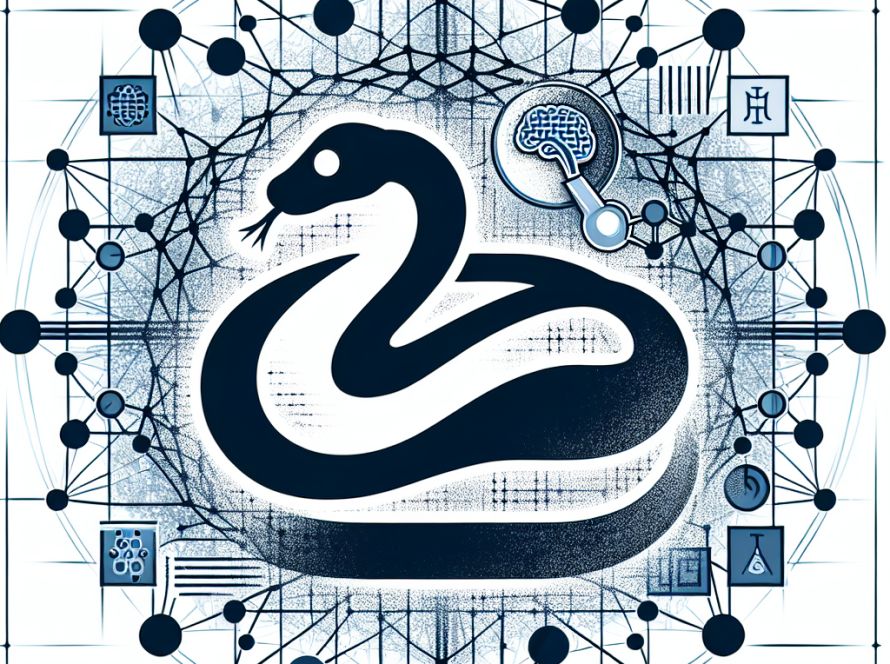Large language models, such as BERT, GPT-3, and T5, while powerful in identifying intricate patterns, pose privacy concerns due to the risk of exposing sensitive user information. A possible solution is machine unlearning, a method that allows for specific data elimination from trained models without the need for thorough retraining. Nevertheless, prevailing unlearning techniques designed for smaller-scale models are ill-equipped for the complexities and computational demands of larger models.
Researchers from IEEE have developed LMEraser, an innovative unlearning technique specifically designed for larger models. LMEraser addresses privacy concerns related to machine learning by implementing a divide-and-conquer strategy, partitioning the data set into public and private parts. It uses adaptive prompt tuning, a technique whereby small learnable vectors, known as “prompts,” are added to input data to adapt the pre-existing models for new tasks. This approach efficiently eliminates specific data influences while reducing computational costs and maintaining model performance.
The LMEraser process begins with the dataset division into public and private segments to ensure sensitive data isolation. The pre-training of the model solely on public data not only reduces privacy risks but also stabilizes the model. The private data are then adaptively grouped based on diversity. This adaptive approach ensures efficient unlearning by only re-optimizing prompts and classifier heads for affected clusters during data removal, without entirely retraining the model.
The efficiency and effectiveness of LMEraser as an unlearning method were evaluated using criteria such as image classification accuracy and computational costs. LMEraser demonstrated superior performance in unlearning, maintaining model performance, and ensuring privacy when compared with traditional methods such as retraining from scratch.
Finally, LMEraser’s adaptability extends to diverse datasets and expansive model architectures. Its precision unlearning while upholding accuracy standards demonstrates its potential as a pioneering solution for privacy protection in large-scale models. Thus, LMEraser presents itself as a significant stride in machine unlearning techniques, allowing for the realization of a delicate balance between operational efficiency and privacy protection.


